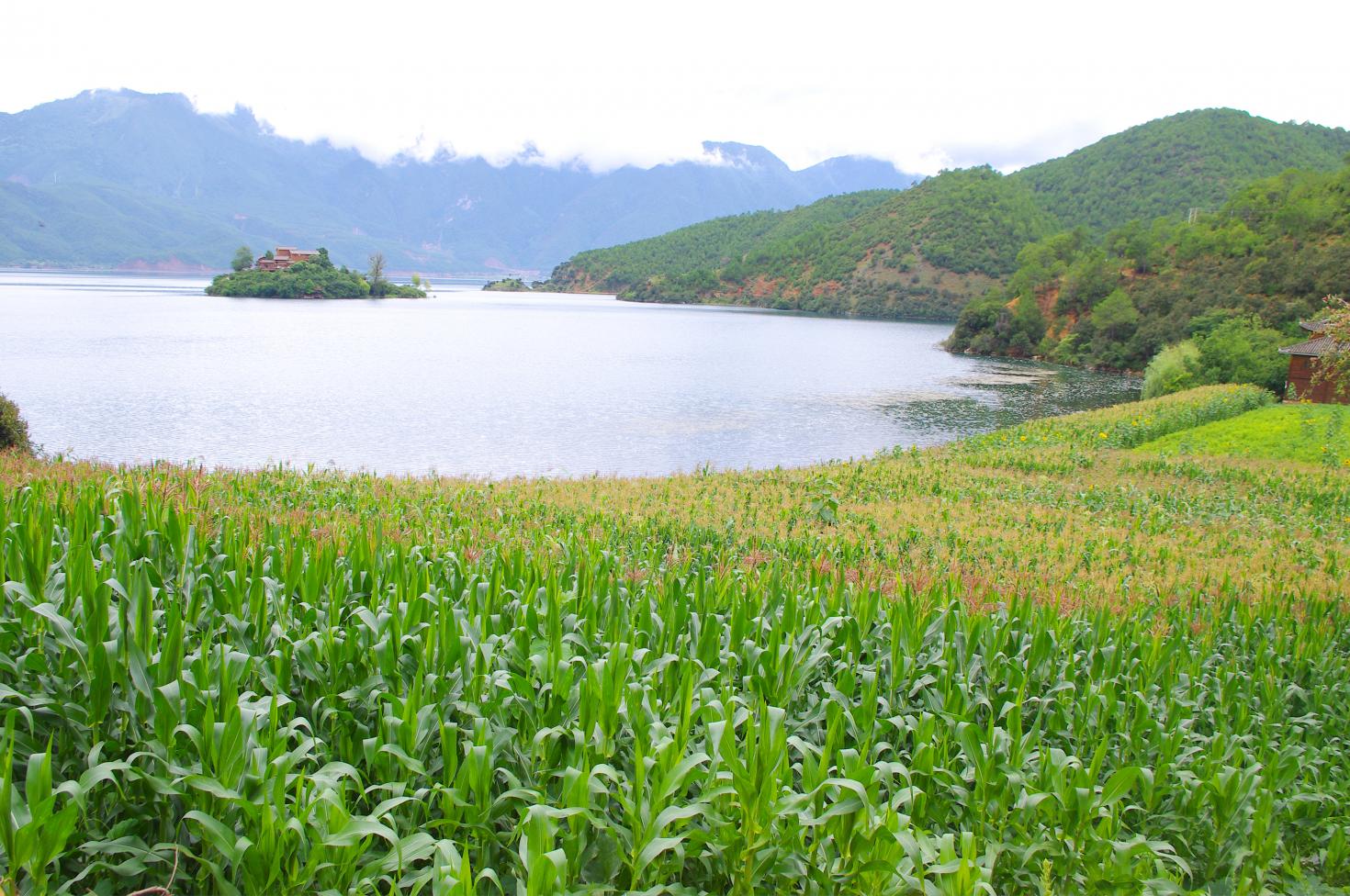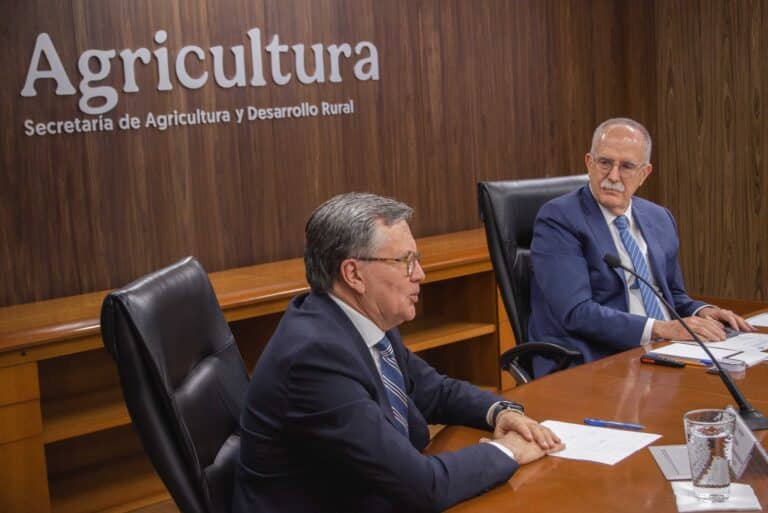During a technical forum organized by IICA and CATIE, the importance of the relationship between water and soil, and their role in facing the challenge of feeding the world was discussed.

San Jose, 29 March 2017 (IICA). It is estimated that global food production must increase by up to 60% in order to satisfy the needs of the over 9 000 million people who are expected to inhabit the planet by 2050. Nevertheless, the amount of available soil and water needed to increase production will not change.
For this reason, integrated management and efficient use of these natural resources are crucial for this challenge. For this reason, the virtual forum entitled “Water security and soil” was organized by the Inter-American Institute for Cooperation on Agriculture (IICA) and the Tropical Agriculture Research and Higher Education Center (CATIE).
“This topic is of great importance not only because water and soil resources are themselves important, but also because both are foundations for food security and for providing ecosystemic services”, stated Jorge Faustino, a researcher at CATIE in charge of the discussion during the event.
Faustino asserted that three quarters of the planet is comprised of water. Of the water available, 3% is fresh water used by humans for their basic needs. Land makes up the remaining quarter of the planet’s surface area, which is distributed among the five continents.
“The Latin American and Caribbean countries have more than enough water resources, although, water availability is scattered and varied. On top of that, the water found in some territories is of poor quality due to mismanagement or misuse. This means that costs for its treatment, low productivity, food insecurity, and restrictions on economic development have to be taken into account”, Faustino added.
With regard to soil, this resource varies in its quality and characteristics, meaning that it cannot be relied on for food production. Faustino added that soil is an essential natural resource for sustaining life on the planet. It is also estimated that 95% of foodstuffs are produced directly or indirectly in soil.
“Soil is an excellent moisture reservoir, this factor emphasizes that it is vital important to integrally manage soil, water, and vegetation”, Faustino highlighted.
To preserve both resources and to avoid their shortage, the use of water and soil must be efficient. Also, performing precision agriculture, investing in agricultural investigation, using non-consumption water practices (using and returning water to where it was extracted), and analyzing whether the capabilities of soil usage are adjustable and flexible, are equally important practices.
“There will be no water security or appropriate development of agricultural production if our agriculture is not precise. How much water does a plant need? What do we currently know about the consumption practices of our plants in the face of climate and temperature changes? Do we have all the information required to determine the right amount of water needed for crops or production? Research should give us the answers to all these questions.” Faustino concluded.
This is the first event in the third cycle of virtual forums entitled “Contribution of soils for achieving the Sustainable Development Goals”, which IICA and CATIE have planned to hold periodically.
There were a total of 429 connection points to the inaugural forum, from 20 different countries.
More information: karen.montiel@iica.int











